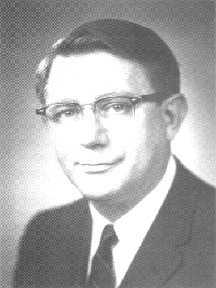What's New on the Site?
When Nature Strikes - Earthquakes
When Nature Strikes - Volcanoes
When Nature Strikes: Tsunami Classroom Activity
When Nature Strikes: Wildfires - Why are they a challenge to stop?
Windows to the Universe Community | |
News | Opportunities |
You might also be interested in:
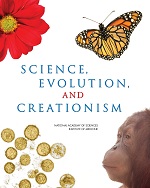
Science, Evolution, and Creationism
How did life evolve on Earth? The answer to this question can help us understand our past and prepare for our future. Although evolution provides credible and reliable answers, polls show that many people turn away from science, seeking other explanations with which they are more comfortable....more
Rockets
Rockets create thrust by burning fuel within a confined space and expelling the exhaust gases through a small opening, pushing the rocket in the other direction. They are able to generate the high speeds...more
Apollo
To learn more about a specific mission from the Apollo program, the most successful and expensive space program in human history, select one of the links below: Apollo 1 Apollo 7 Apollo 8 Apollo 9 Apollo...more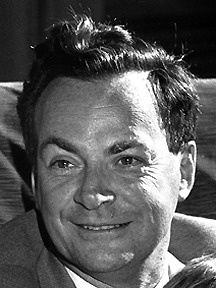
Richard Feynman
Richard Feynman was an American physicist who lived between 1918-1988. He contributed to many areas of physics, including atomic theory and quantum electrodynamics, which studies electron behavior. Following...more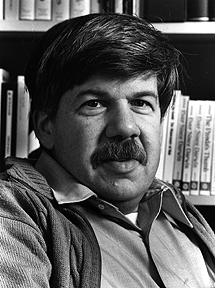
Stephen Jay Gould
Stephen Jay Gould was an American paleontologist who was born in 1941. He revised Darwin's theory of evolution, introducing his own concept of punctuated equilibrium. This states that evolution is not...more
Evelyn Granville
Evelyn Granville is an American mathematician who was born in 1924. She was one of the first black women in the United States to receive a Ph.D. in mathematics. She has made many contributions to NASA's...more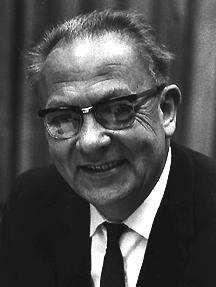
Gerard Kuiper
Gerard Kuiper was an American astronomer who lived between 1905-1973. He is considered the father of modern planetary science for his brilliant study of our solar system. Kuiper developed new techniques...morePlease log in
Science Blogs
Real Climate: climate science from climate scientists

Windows to the Universe, a project of the National Earth Science Teachers Association, is sponsored in part is sponsored in part through grants from federal agencies (NASA and NOAA), and partnerships with affiliated organizations, including the American Geophysical Union, the Howard Hughes Medical Institute, the Earth System Information Partnership, the American Meteorological Society, the National Center for Science Education, and TERC. The American Geophysical Union and the American Geosciences Institute are Windows to the Universe Founding Partners. NESTA welcomes new Institutional Affiliates in support of our ongoing programs, as well as collaborations on new projects. Contact NESTA for more information.



